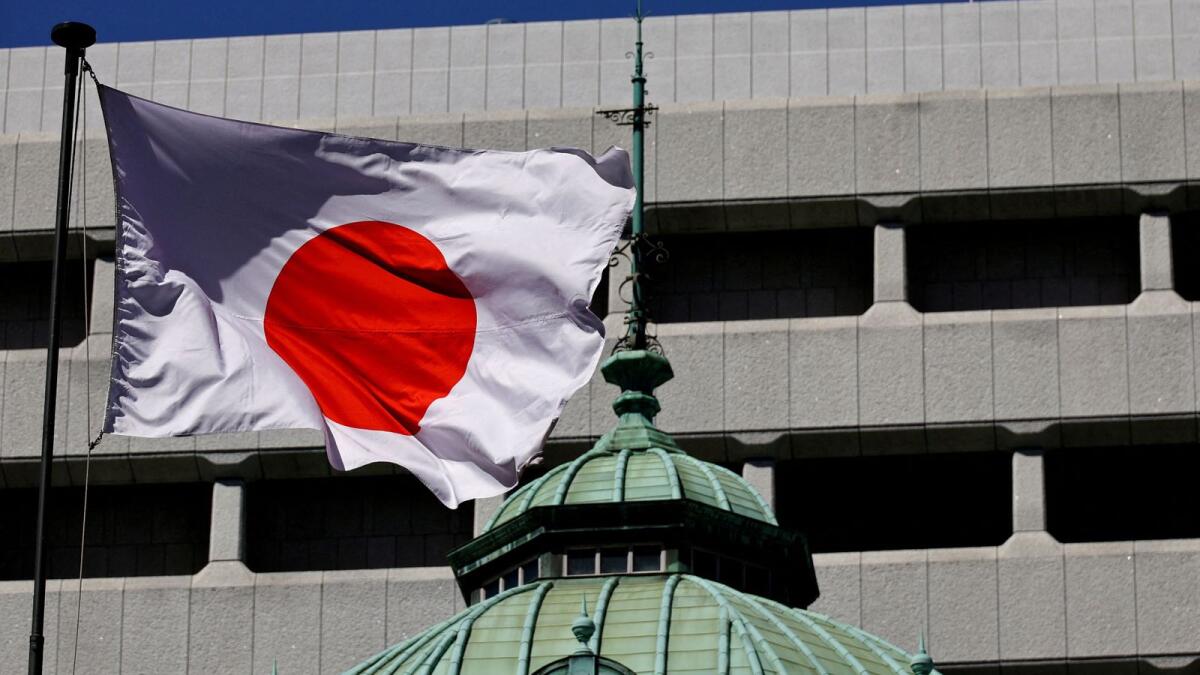The Bank of Japan recently announced that labour shortages are leading smaller firms to increase wages and pass on rising costs through price hikes, indicating progress towards achieving the country’s 2% inflation target. This positive assessment, based on discussions at the BOJ’s meeting of regional branch managers, may influence a potential interest rate increase at the upcoming meeting on July 30-31. The summary highlighted the trend of pay hikes spreading from big companies to smaller firms, a shift from the previous meeting’s outlook of hopeful signs of wage increases among larger corporations trickling down to smaller businesses.
Additionally, the report mentioned that some smaller regional companies are prioritizing pay increases to retain or attract workers, even if they are not generating enough profits to cover the additional costs. It also noted that many companies, especially in the services sector, are either passing on rising costs to consumers or considering doing so. Despite concerns about rising living costs affecting household consumption, the BOJ emphasized that overall consumption remains stable, boosted by strong spending from inbound tourists.
The central bank’s analysis of wage trends will play a crucial role in the decision-making process at the upcoming policy meeting, along with updated growth and inflation projections. Recent government data revealed that Japanese workers experienced a 2.5% increase in average base pay in May, the highest growth rate in 31 years, with part-time workers seeing significant gains. This data reflects the ongoing impact of labour shortages and wage increases on the country’s economy, potentially supporting the case for further monetary policy adjustments to manage inflation and sustain economic growth.
Japan’s economic landscape continues to evolve, driven by labour market dynamics and corporate responses to rising costs. As smaller firms feel the pressure of labour shortages and higher expenses, they are adjusting their wage policies and pricing strategies to remain competitive. The BOJ’s observation of pay hikes spreading from large to small companies indicates a broader shift in the wage landscape, with implications for inflation and overall economic stability. By monitoring these trends, the central bank can effectively calibrate its monetary policies to support sustainable economic growth while managing inflation expectations.
The current environment presents an opportunity for the BOJ to consider potential interest rate adjustments in response to evolving economic conditions. With consumption remaining buoyant and wage growth outpacing previous records, the central bank may choose to act decisively at its upcoming meeting to maintain price stability and support business investment. By assessing the impact of labour shortages on wage dynamics and pricing behaviours, the BOJ can formulate a comprehensive strategy to achieve its inflation target and enhance overall economic resilience in the face of external challenges.
In conclusion, the Bank of Japan’s recognition of the link between labour shortages, wage increases, and inflationary pressures highlights the complexity of economic dynamics in Japan. As the central bank navigates these challenges, its proactive approach to monitoring regional developments and adjusting monetary policy accordingly demonstrates a commitment to promoting sustainable growth and price stability. By staying attuned to evolving trends and responding swiftly to changing conditions, the BOJ can play a vital role in shaping the future trajectory of Japan’s economy and ensuring long-term prosperity for its citizens.










